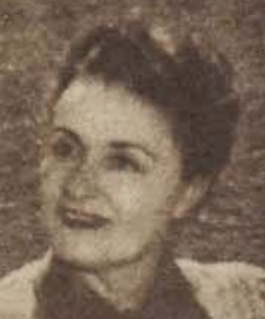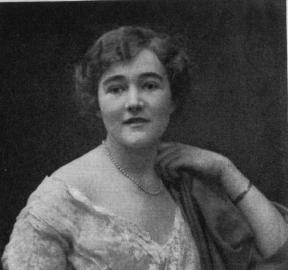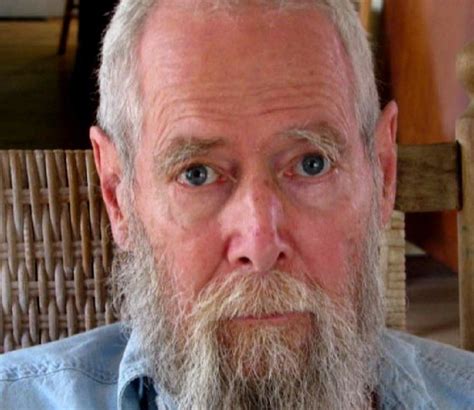A Quote by Pierre-Joseph Proudhon
Of my private life I have nothing to say: it does not concern others. I have always had little liking for autobiographies and have no interest in anyone's affairs. History proper and novels hold no attractions for me except insofar as, I can discern there, as within our immortal Revolution, the adventures of the mind.
Related Quotes
I took little interest in fleshly infants; it being my private opinion that their attractions did not justify the fuss that was made about them. I had, for instance, early discovered that, if you gave a baby a finger to hold, it held it. This was perhaps interesting, but it wanted greatly in the dear element of surprise.
Does character develop over time? In novels, of course it does: otherwise there wouldn't be much of a story. But in life? I sometimes wonder. Our attitudes and opinions change, we develop new habits and eccentricities; but that's something different, more like decoration. Perhaps character resembles intelligence, except that character peaks a little later: between twenty and thirty, say. And after that, we're just stuck with what we've got. We're on our own. If so, that would explain a lot of lives, wouldn't it? And also - if this isn't too grand a word - our tragedy.
Its at night, when perhaps we should be dreaming, that the mind is most clear, that we are most able to hold all our life in the palm of our skull. I dont know if anyone has ever pointed out that great attraction of insomnia before, but it is so; the night seems to release a little more of our vast backward inheritance of instincts and feelings; as with the dawn, a little honey is allowed to ooze between the lips of the sandwich, a little of the stuff of dreams to drip into the waking mind.
...some people might think our lives dull and uneventful, but it does not seem so to us. ...it is not travel and adventure that make a full life. There are adventures of the spirit and one can travel in books and interest oneself in people and affairs. One need ever be dull as long as one has friends to help, gardens to enjoy and books in the long winter evenings.
Some have said that it is not the business of private men to meddle with government--a bold and dishonest saying, which is fit to come from no mouth but that of a tyrant or a slave. To say that private men have nothing to do with government is to say that private men have nothing to do with their own happiness or misery; that people ought not to concern themselves whether they be naked or clothed, fed or starved, deceived or instructed, protected or destroyed.
In Japan we have the phrase, "Shoshin," which means "beginner's mind." Our "original mind" includes everything within itself. It is always rich and sufficient within itself. This does not mean a closed mind, but actually an empty mind and a ready mind. If your mind is empty, it is always ready for anything. It is open to everything. In the beginner's mind there are many possibilities; in the expert's mind there are few.
It’s in our interest to take care of others. Self-centrednes s is opposed to basic human nature. In our own interest as human beings we need to pay attention to our inner values. Sometimes people think compassion is only of help to others, while we get no benefit. This is a mistake. When you concern yourself with others, you naturally develop a sense of self-confidence . To help others takes courage and inner strength.
Each pursues his private interest and only his private interest; and thereby serves the private interests of all, the general interest, without willing it or knowing it. The real point is not that each individual's pursuit of his private interest promotes the totality of private interests, the general interest. One could just as well deduce from this abstract phrase that each individual reciprocally blocks the assertion of the others' interests, so that, instead of a general affirmation, this war of all against all produces a general negation.
He thought of trying to explain something he had recently noticed about himself: that if anyone insulted him, or one of his friends, he didn't really mind--or not much, anyway. Whereas if anyone insulted a novel, a story, a poem that he loved, something visceral and volcanic occurred within him. He wasn't sure what this might mean--except perhaps that he had got life and art mixed up, back to front, upside down.




































